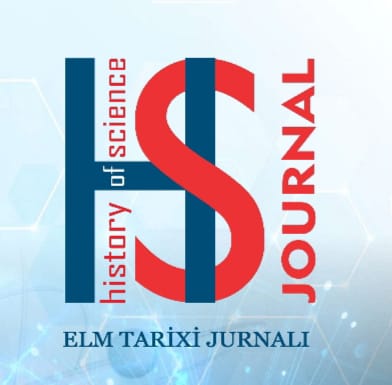The article explores the philosophy of inclusion, i.e., the process aimed at adapting individuals with disabilities to society. The authors emphasize the importance of creating conditions for the social adaptation not only of people with physical and mental characteristics but also of those who face difficulties in socialization. Inclusion is understood not merely as simple acceptance of individuals with special needs into society but as a qualitative transformation of society itself, aimed at eliminating alienation and stigmatization. Unlike integration, inclusion requires changes in educational, cultural, and economic systems to ensure equal opportunities for all. The philosophical aspect of inclusion lies in the dialectical adaptation of individuals to society, where the interaction between individuals and society is based on such categories as necessity, freedom, and opportunity. The article notes that an important role in this process is assigned to governmental structures, which should facilitate the adaptation of the inclusant not by imposing the process externally but by reforming social structures. The authors argue that successful inclusion leads to the improvement and evolution of society, turning it into a self-developing system where every member can express and develop their talents, contributing to the achievement of the common good. The authors also highlight that inclusion fosters mutual enrichment of both society and inclusants. The process of inclusion involves not only the adaptation of people with special needs but also a change in society’s perception of these individuals. The article demonstrates that inclusion is a powerful tool for overcoming social barriers. Inclusion requires abandoning the spontaneity and insularity of traditional behavioral standards. The article emphasizes that the philosophical mechanism of inclusion is rooted in the universal laws of philosophy: the "Law of Unity and Struggle of Opposites," the "Law of the Transition of Quantitative Changes into Qualitative Changes," and the "Law of the Negation of Negation." It is shown that these laws are essential tools for understanding inclusion precisely as a dialectical process that contributes to transforming society into a more flexible and receptive system capable of change.

